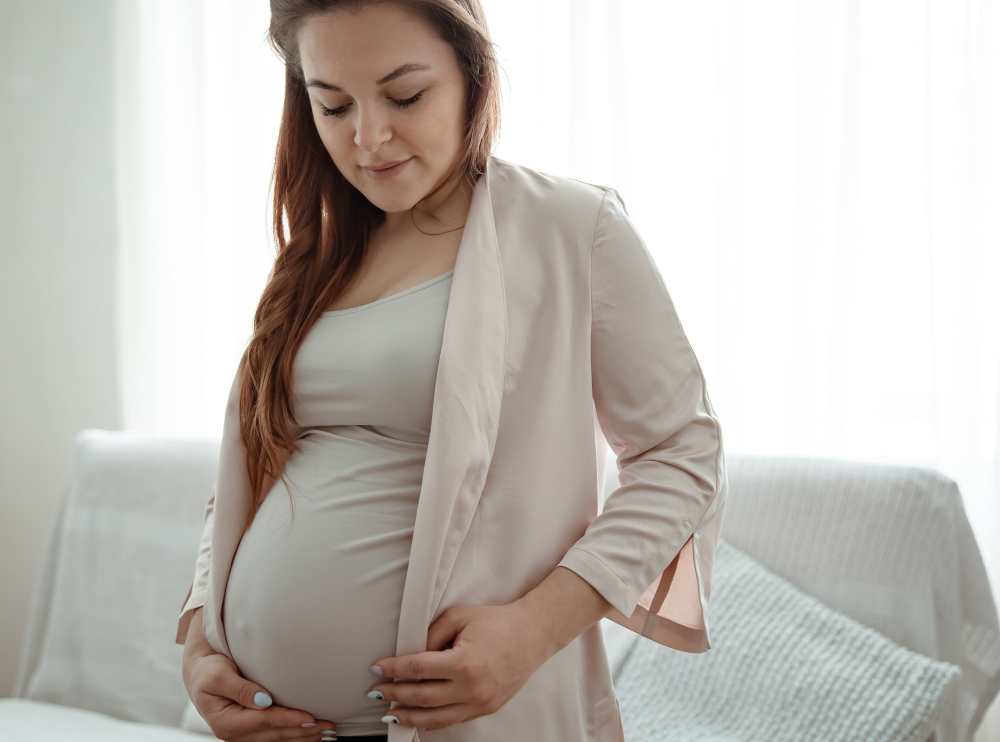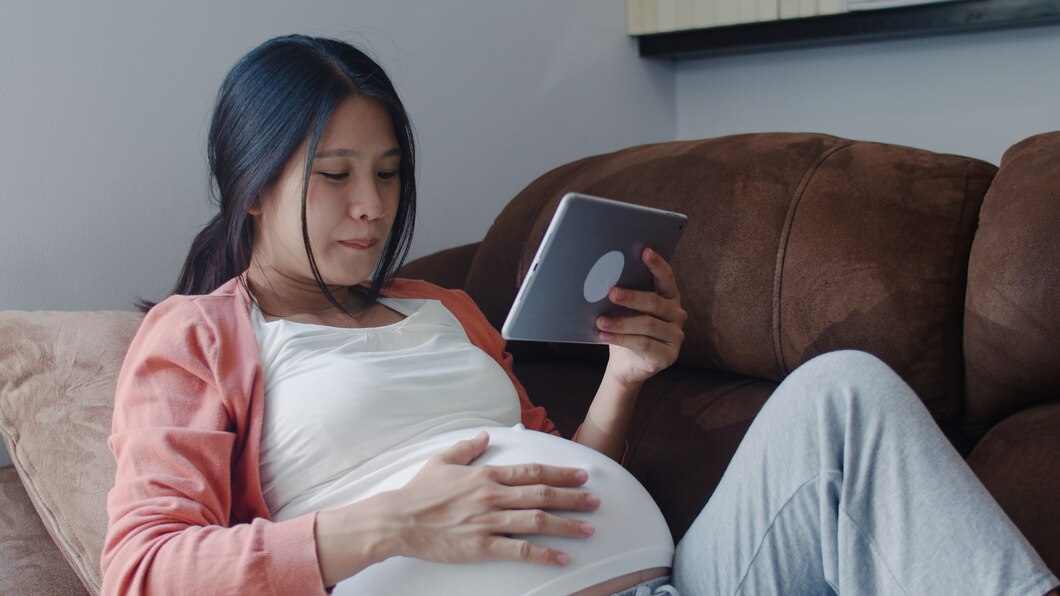Pregnancy is a magical time for a lady, but during this period, a woman’s body experiences a lot of physical change. Changes like body size, weight gain, an increase of blood volume, etc. At this time, a pregnant woman also experiences something called leukorrhea, where she experiences white discharge from the vagina. Leukorrhea generally happens to every woman, but during pregnancy, the vaginal discharge increases.
Leukorrhea is a common vaginal discharge that can impact both pregnant and non-pregnant women. It’s a colorless, odorless discharge that’s clear or milky in appearance. The length, heaviness, and amount of leukorrhea vary from person to person, just like menstrual flow.
Leukorrhea is made up of fluid and dead cells that are released from the vaginal area. It’s a symptom of a healthy vaginal environment. The mucus-like fluid keeps vaginal tissues moist and removes pollutants that might cause infections.
For the non-pregnant woman, the white discharge can increase during the time of the menstrual cycle or near the time of your menstrual cycle.
As mentioned earlier that vaginal discharge or leukorrhea can increase during pregnancy; some women might wonder what the causes are for this vaginal discharge. Here are some causes or reasons for leukorrhea –
- As said earlier, vaginal discharge can increase during menstruation because of hormone fluctuation. In pregnancy, also hormones fluctuate a lot, and thus you can experience an increase in leukorrhea.
- Vaginal discharge is also affected by changes in the cervix during pregnancy. The body releases more discharge as the cervix and vaginal wall soften to prevent infections. In addition, as you get closer to the conclusion of your pregnancy, your baby’s head may press against the cervix, causing more vaginal discharge.
If you feel something wrong or fishy with the discharge anytime, such as itching, redness, foul odor, or change in the color of discharge, you can consult your gynecologist. All of these signs can also lead to yeast infection, which is told to be normal in pregnancy. However, it is also said that yeast infections can also form because of Sexually transmitted diseases or STDS. That’s why it is recommended for pregnant ladies to have a screening to find out whether they have STD or not, so if they have STD, the gynecologist can reduce the risk of passing it to the fetus.
Well, there are some things which you can do to reduce the vaginal discharge or avoid yeast infections –
– Wear loose and breathable clothes. Do not wear tight, suffocating jeans. Instead, try to wear loose pants, pajamas, or lounge pants.
– Wear underwear with better and breathable fabrics such as cotton Undergarments. Breathable fabrics reduce moisture and discomfort as well.
– Do not use things that are not recommended by your gynecologist just because you want to avoid discharge. For example, do not use tampons to avoid release; instead, you can use panty liners to prevent your underwear from getting wet.
– One way to also reduce the discharge is to maintain good intimate hygiene. Bath regularly with warm water and soap. But avoid using any harsh soaps. Always use mild soaps.
These were some of the tips to reduce leukorrhea. These are only some healthy habits to follow for a pregnant woman as well.
Leukorrhea or vaginal discharge is not something to worry about because there are more changes in a pregnant woman’s body other than excessive vaginal discharge. If you have more doubts or concerns, you can talk about them with your OBYGN. A woman does not need to see a doctor unless and until you see excessive discharge, any pain, or burning sensation.
![]()











